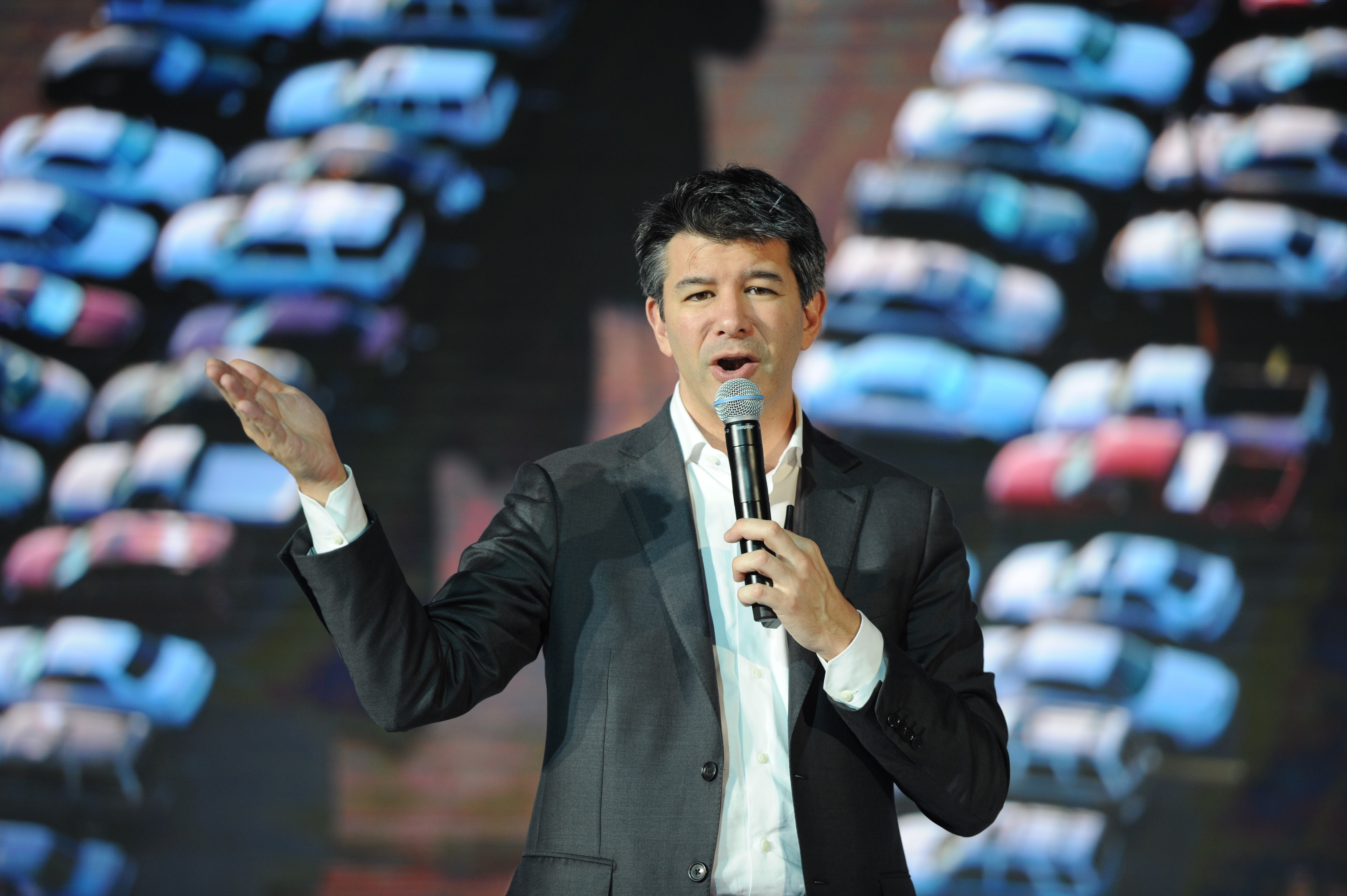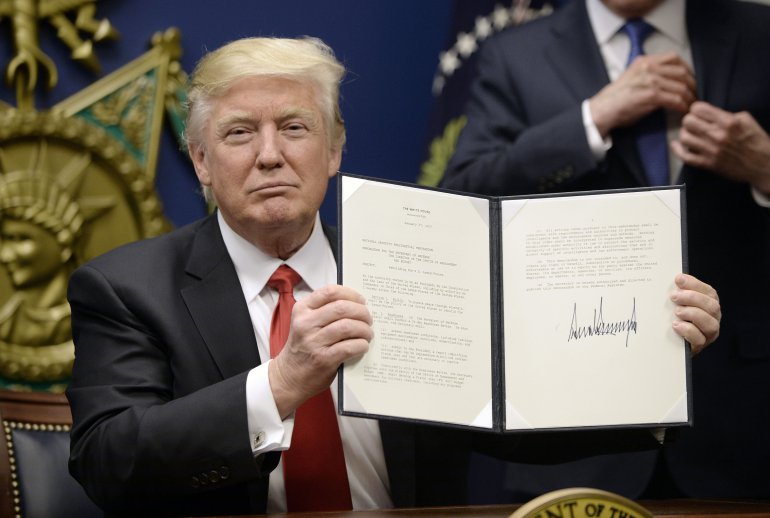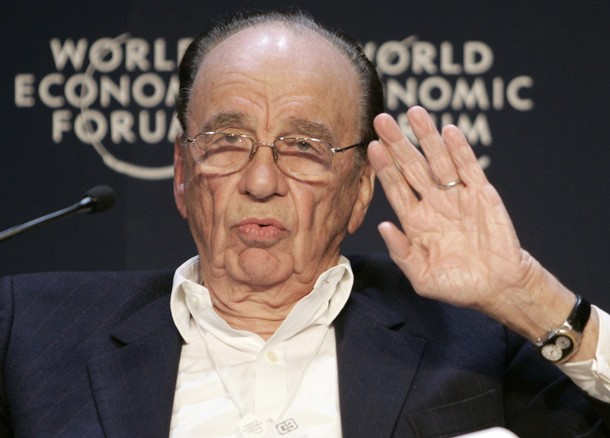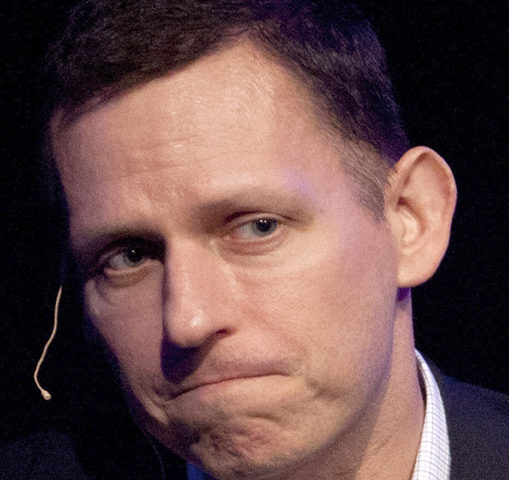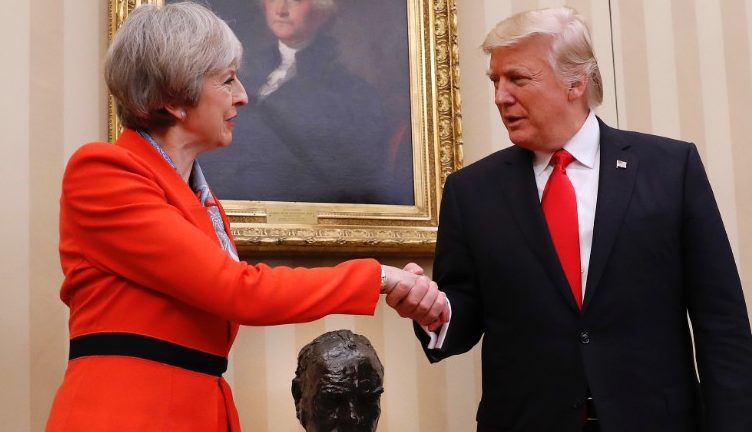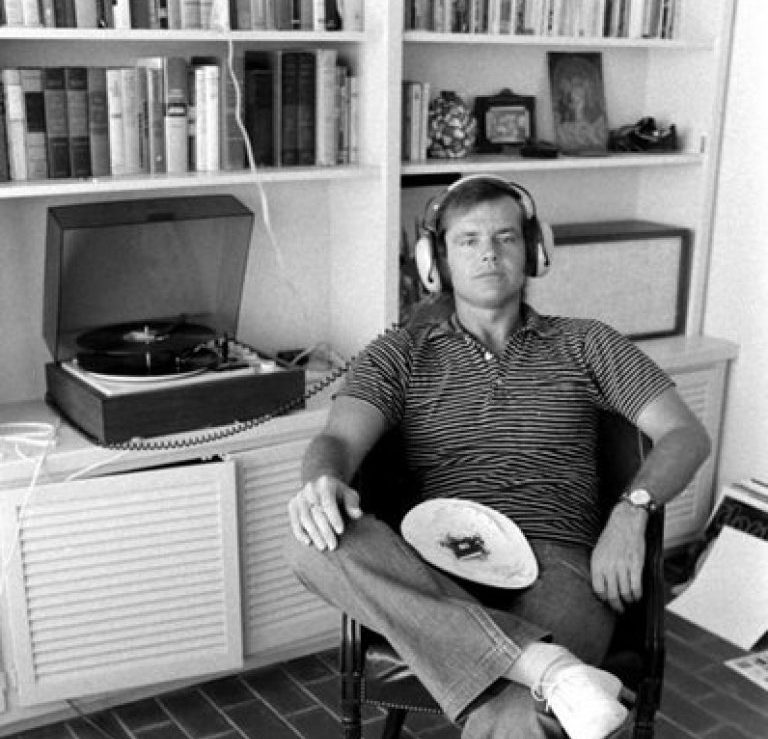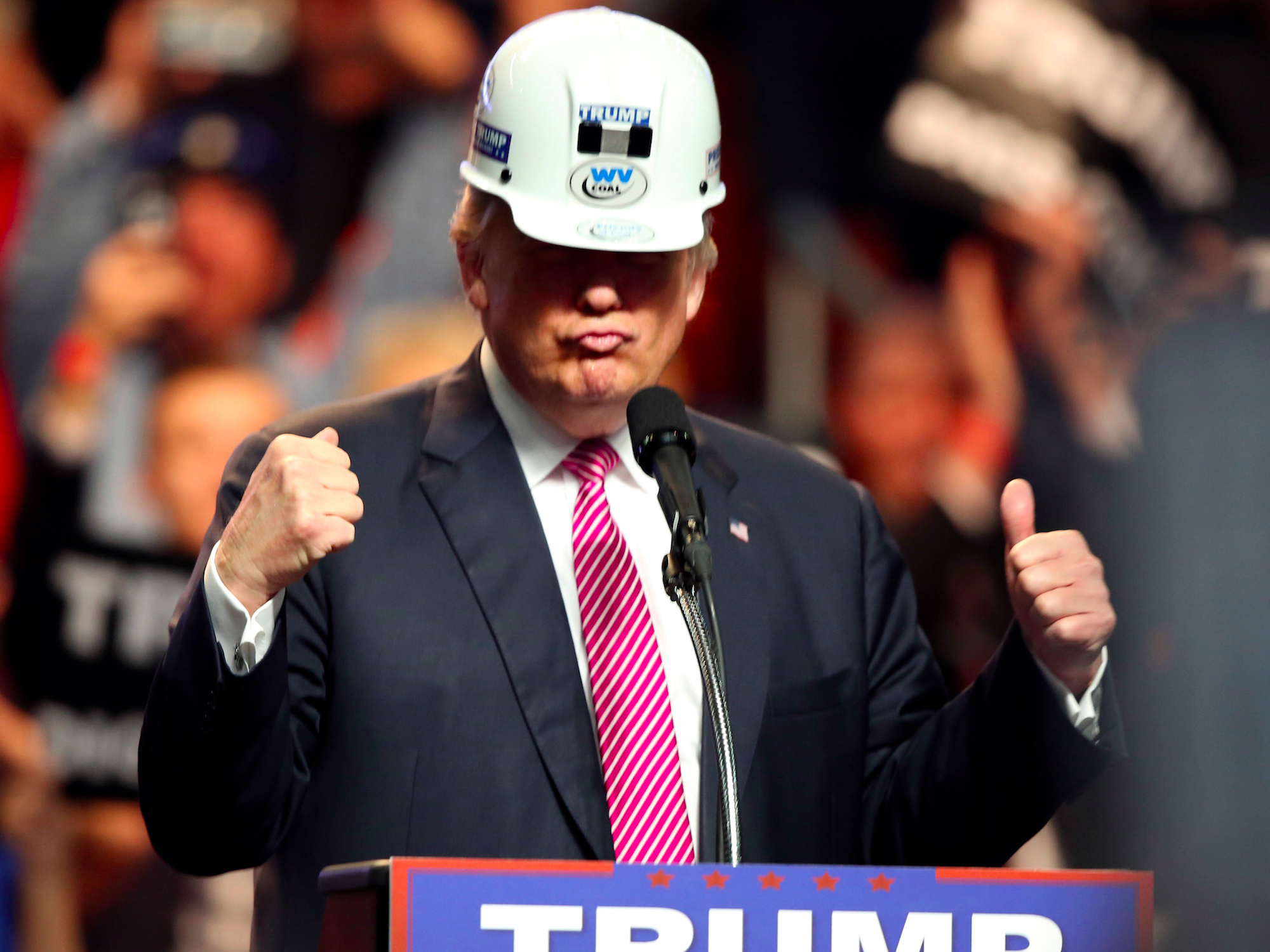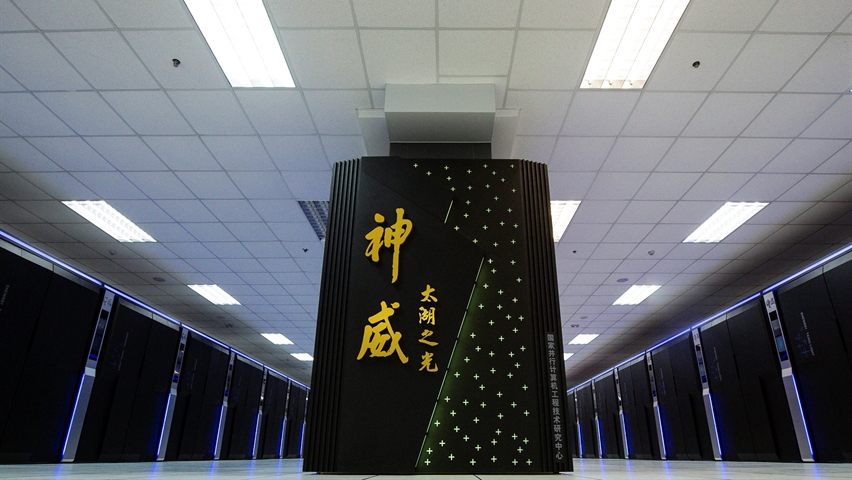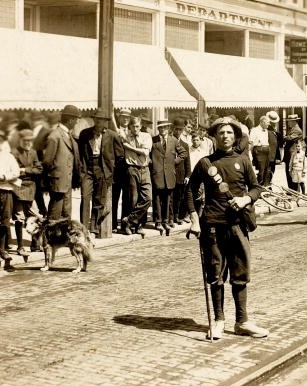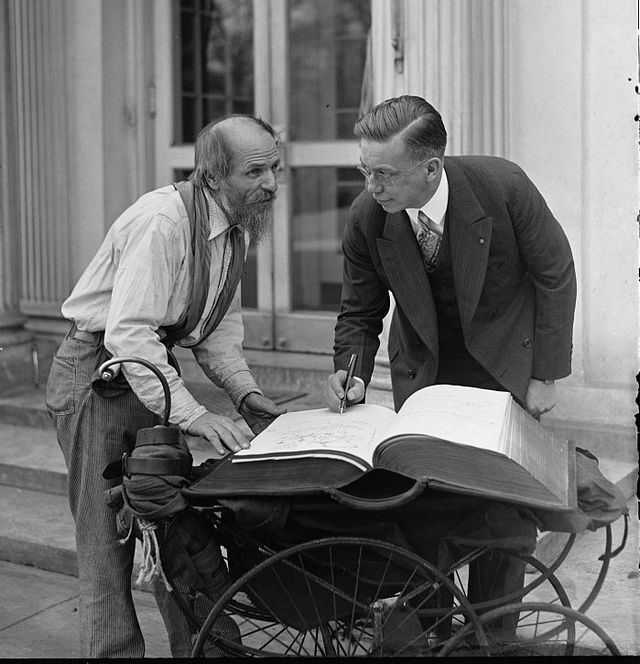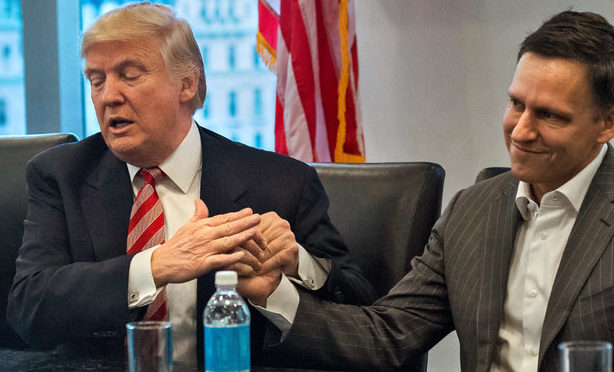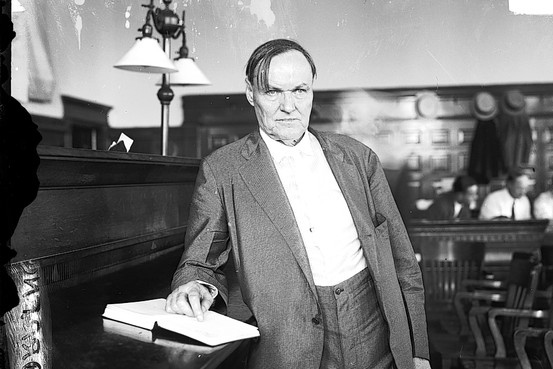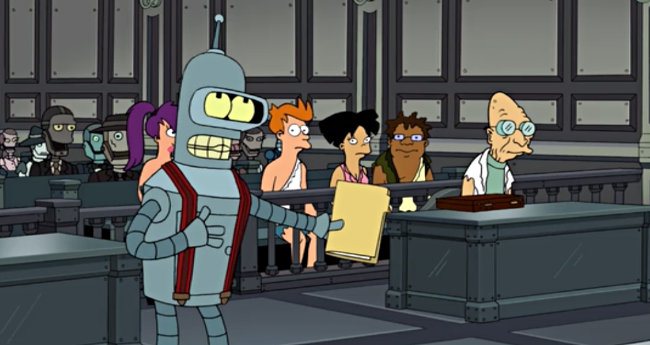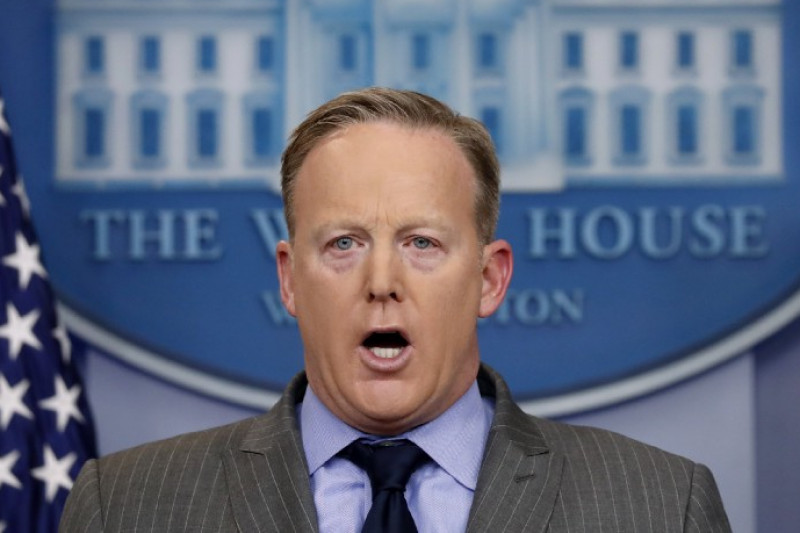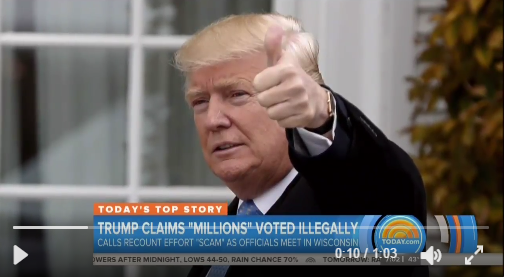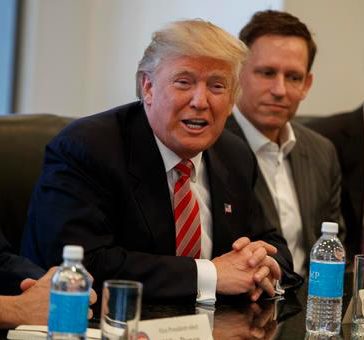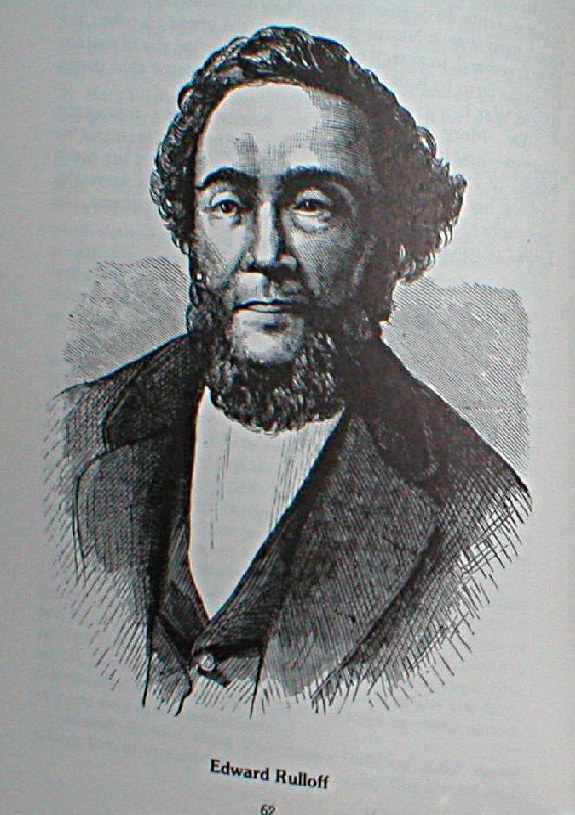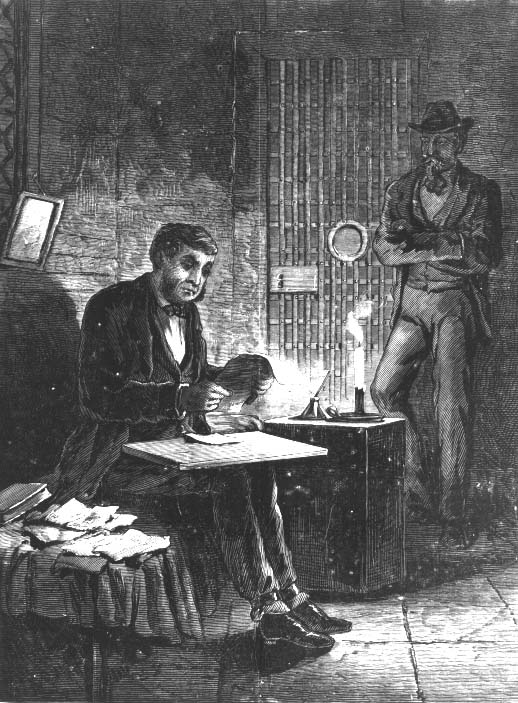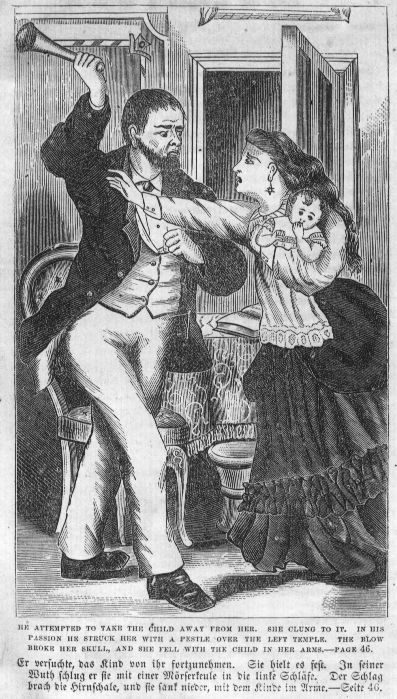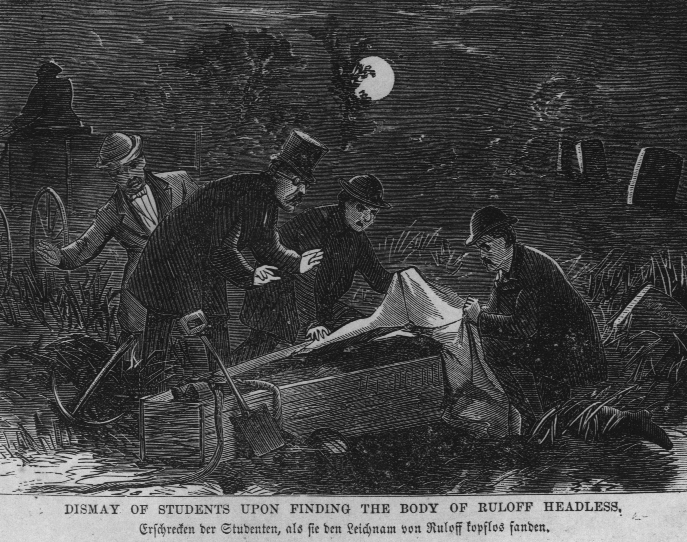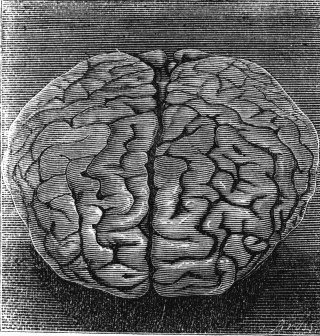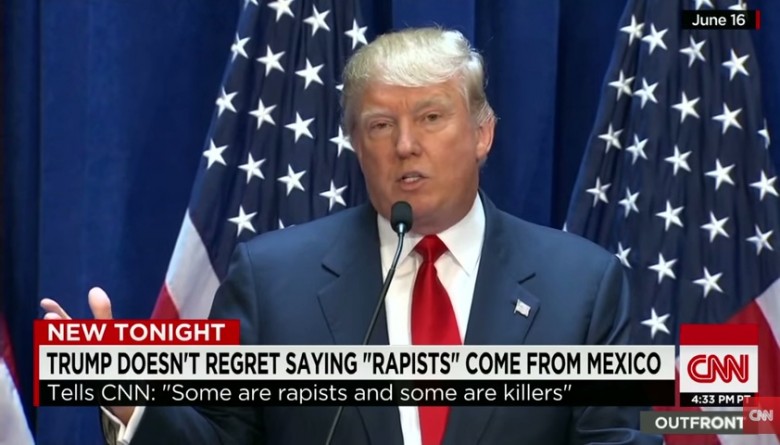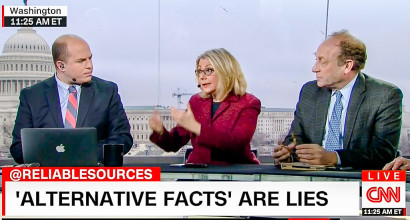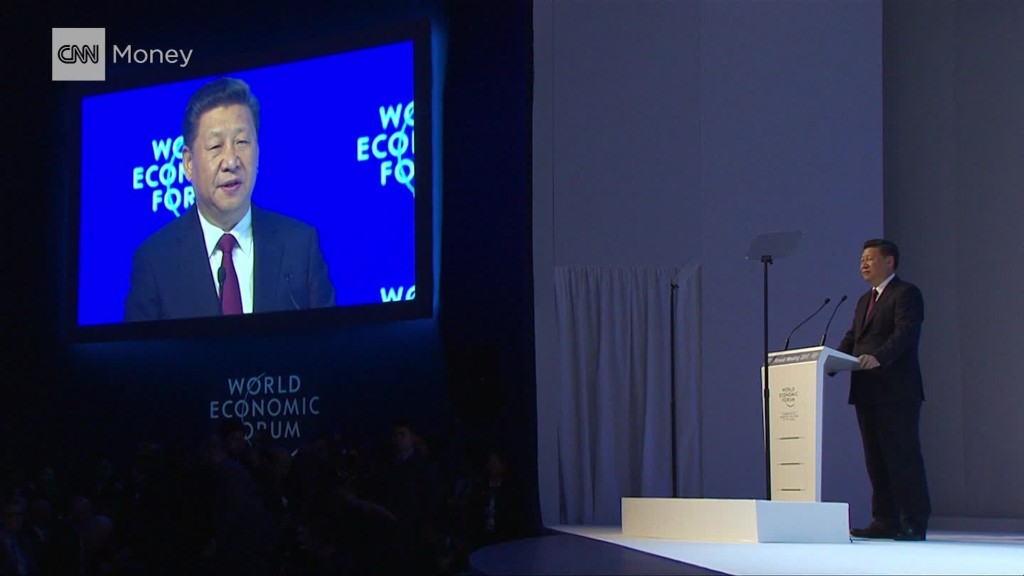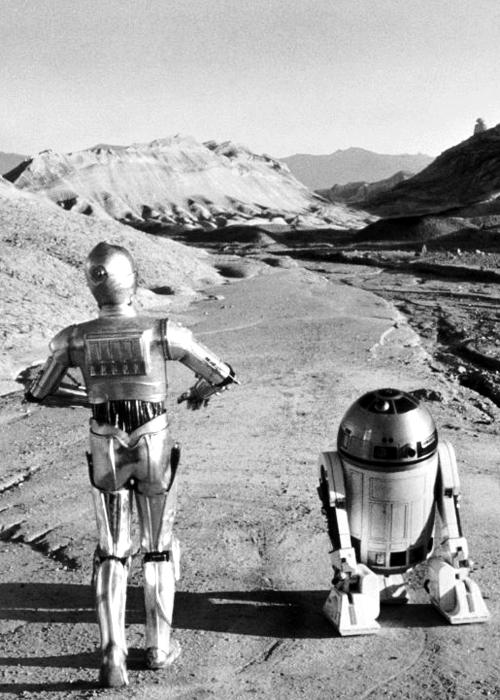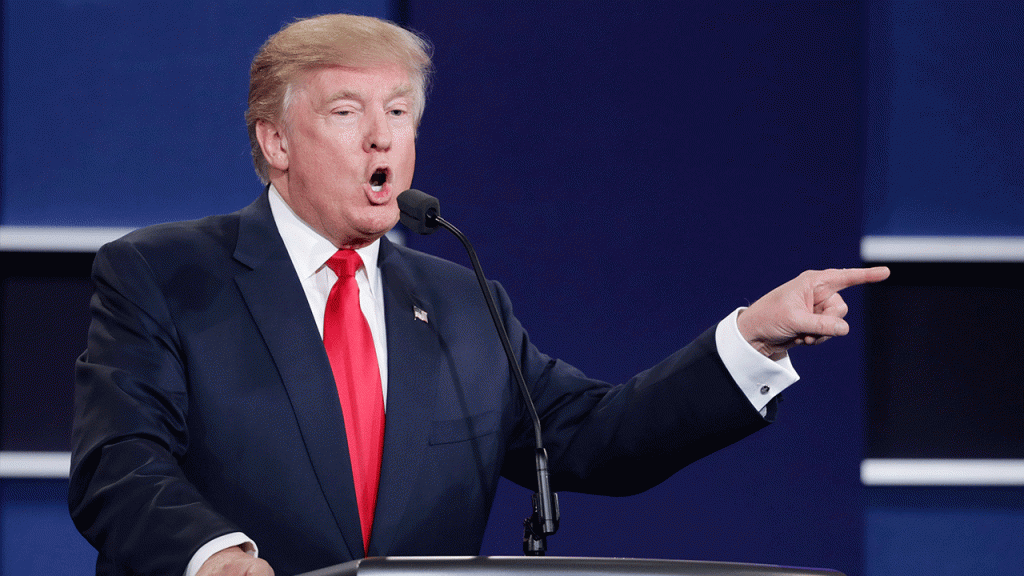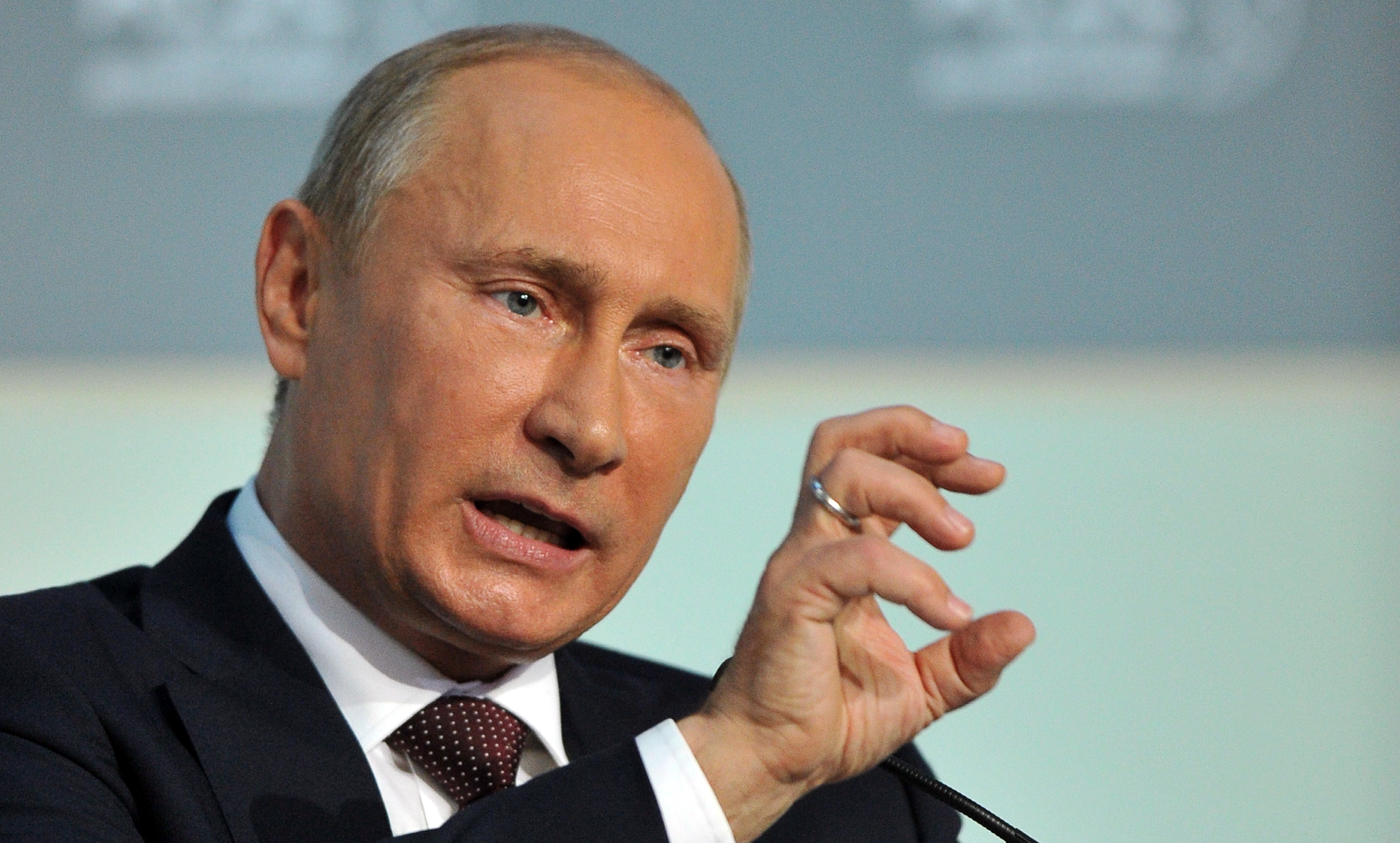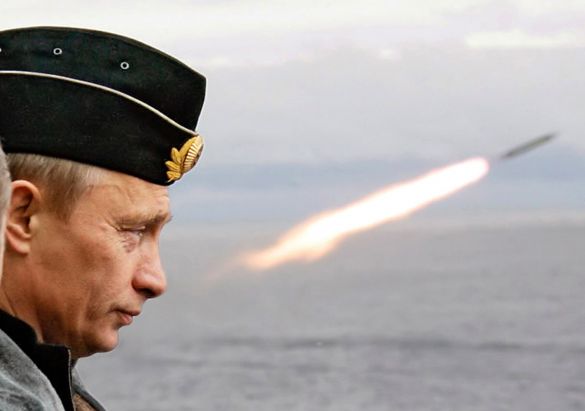#deleteuber exploded across Twitter last night when the ride-share company tried to exploit the flash taxi drivers’ strike at JFK against Trump’s anti-immigrant ban. It was alarming the company treated a Constitutional crisis as if it were business-as-usual but unsurprising considering Uber’s past dubious ethical behavior and Travis Kalanick’s recent defense of his relationship with the Administration: “We’ll partner with anyone in the world.” Really? Trips to internment camps, even?
There are other reasons to be wary of piecemeal employment, that Libertarian wet dream, and the main one is that it often undermines solid middle-class jobs and replaces them with uncertainty. And, no, despite what some might say, most Uber employees aren’t entrepreneurs just driving until venture-capital seed money comes in for their start-up; they’re actually trying to somehow subsist in this new normal. It isn’t easy.
The opening of Eric Newcomer and Olivia Zaleski Bloomberg piece:
In the 1970s, the Safeway grocery store in San Francisco’s gleaming Marina neighborhood, known as the Social Safeway, was a cornerstone of the pre-Tinder dating scene. Armistead Maupin made it famous in his 1978 book, Tales of the City, calling it “the hottest spot in town” to meet people. For years afterward, locals called it the “Singles Safeway” or the “Dateway.”
Forty years later, German Tugas, a 42-year-old Uber driver, got to know it for another reason: Its parking lot was a safe spot to sleep in his car. Tugas drives over 70 hours a week in San Francisco, where the work is steadier and fares are higher than in his hometown, Sacramento. So every Monday morning, Tugas leaves at 4 a.m., says goodbye to his wife and four daughters, drives 90 miles to the city, and lugs around passengers until he earns $300 or gets too tired to keep going. (Most days he nets $230 after expenses like gas.) Then, he and at least a half dozen other Uber drivers gathered in the Social Safeway parking lot to sleep in their cars before another long day of driving.
“That’s the sacrifice,” he said in May, smoking a cigarette beside his Toyota Prius parked at the Safeway at 1 a.m., the boats in the bay bobbing gently in the background. “My goal is to get a house somewhere closer, so that I don’t have to do this every day.”
The vast majority of Uber’s full-time drivers return home to their beds at the end of a day’s work. But all over the country, there are many who don’t.•

